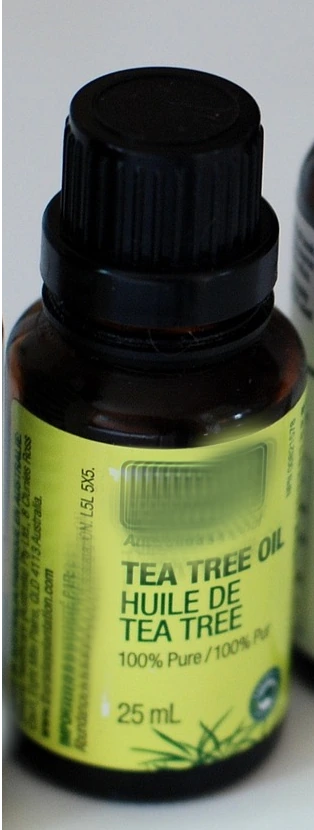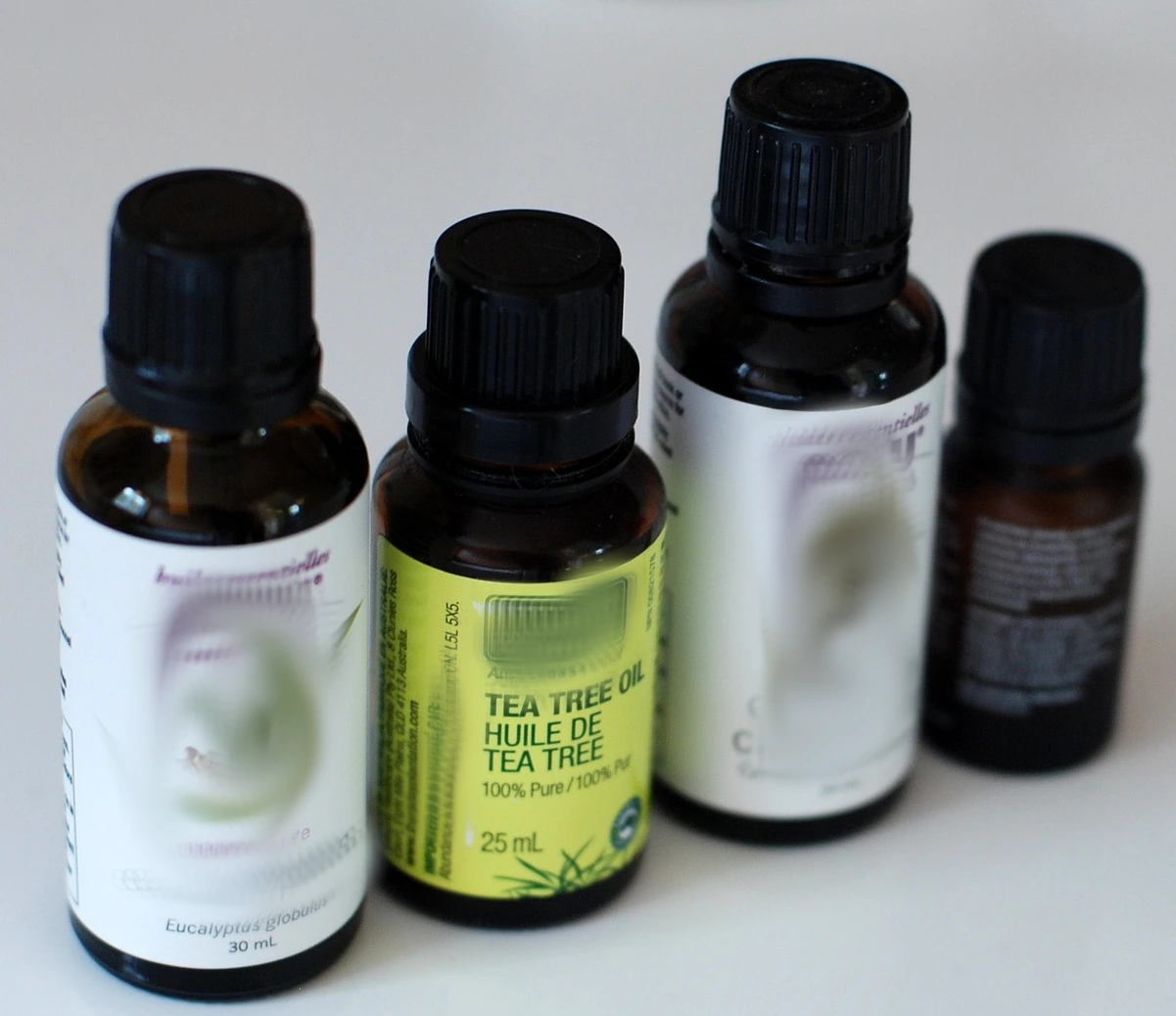This post may contain affiliate links and ads in which we may earn a small percentage of purchases.
Table of Contents
Tea tree oil, derived from the leaves of the tea tree (Melaleuca alternifolia), native to Australia, has been used traditionally as a topical antiseptic and antifungal treatment. Here’s a breakdown of its properties and uses:
Tea Tree Oil Everyday Use
Antimicrobial Properties:
Tea tree oil is well-known for its antimicrobial properties, which include antiviral, antibacterial, and antifungal effects. It has been used to treat a variety of skin conditions, including acne, athlete’s foot, and nail fungus.
Skin Care:
Due to its antimicrobial properties, tea tree oil is often found in skincare products, especially those aimed at treating acne. It may help reduce inflammation and promote healing.
Hair Care:
It is also used in hair care products, where it may help with dandruff and promote a healthy scalp.
A stainless-steel acupuncture pen and gua sha set for massage, reflexology, and tension relief.
 View Product
View Product
Aromatherapy:
Tea tree oil is also used in aromatherapy, a practice that employs the smell and chemical properties of essential oils to promote physical and psychological well-being.
Household Cleaning:
Its antimicrobial properties make tea tree oil a useful ingredient in homemade cleaning products that can help keep your home germ-free.
Potential Side Effects:
Although tea tree oil is generally well-tolerated when used topically, it can cause skin irritation and allergic reactions in some people. It should never be ingested as it can be toxic.
Quality and Concentration:
The effectiveness of tea tree oil can vary greatly depending on the quality and concentration of the oil. It’s advisable to choose high-quality, 100% pure tea tree oil and to use it according to the instructions on the packaging or as directed by a healthcare provider.
Research on Tea Tree Oil

Study on Antimicrobial Effects
Intent: To understand how effective and safe tea tree oil is for health, especially in fighting off a dangerous bacteria called MRSA.
Method: Reviewed various clinical trials where tea tree oil was used in different forms and compared to standard treatments.
Conclusion: Tea tree oil applied on the skin can fight MRSA as effectively as standard treatments, but using it inside the nose might irritate the mucous membranes1.
Study on Antifungal Activity
Intent: To see if tea tree oil can prevent the growth of a type of fungus called Trichophyton.
Method: Observed how the fungus reacted to different concentrations of tea tree oil.
Conclusion: A small amount of tea tree oil can stop the growth of the fungus, and a bit more can prevent its growth entirely2.
Study on Acne Treatment
Intent: To explore the potential of tea tree oil in treating acne due to its known antibacterial, anti-inflammatory, and antioxidant properties.
Method: Reviewed the properties and applications of tea tree oil.
Conclusion: Tea tree oil could be a candidate for acne treatment, although more research is needed3.
Study on Bacterial Persisters Elimination
Intent: To investigate if tea tree essential oil can kill certain bacterial cells that have survived antibiotic treatment.
Method: Tested the effect of tea tree essential oil on Escherichia coli and Staphylococcus epidermidis persisters.
Conclusion: Tea tree essential oil was found effective in killing these resilient bacterial cells4.
Tea tree oil can be an effective natural remedy for a variety of conditions, but it’s important to use it safely and to be aware of potential side effects.
References:
- Kairey, L., Agnew, T., Bowles, E. J., Barkla, B. J., Wardle, J., & Lauche, R. (2023). Efficacy and safety of Melaleuca alternifolia (tea tree) oil for human health-A systematic review of randomized controlled trials. Frontiers in Pharmacology, 14, 1116077. Retrieved November 5th, 2023 from https://pubmed.ncbi.nlm.nih.gov/37033604/
- ScienceDirect. (2023). Tea tree essential oil (pp. 479-500). Retrieved November 5th, 2023 from
- https://www.sciencedirect.com/science/article/pii/B9780323917407000177
- MDPI. (2023). Tea Tree Oil: Properties and Applications. Antioxidants, 12(90). Retrieved November 5th, 2023 from https://www.mdpi.com/2076-3921/12/6/1264
- MDPI. (n.d.). Tea Tree Essential Oil Kills Escherichia coli and Staphylococcus epidermidis Persisters. Biomolecules. Retrieved November 5th, 2023 from https://www.mdpi.com/2218-273X/13/9/1404
Jump-start your metabolism with the 21-Day Smoothie Diet! Replace meals with delicious, nutrient-packed smoothies that help burn fat, boost energy, and keep you feeling full. Start your transformation today →
Medical Disclaimer: This article is for informational and educational purposes only and is not a substitute for professional medical advice, diagnosis, or treatment. Always consult a qualified healthcare provider with any questions about a medical condition or treatment.





